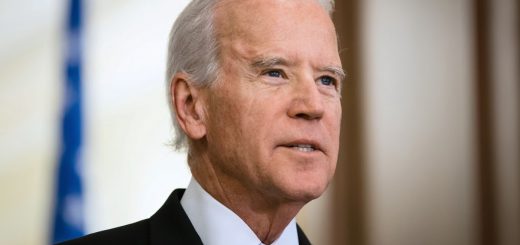Unions Fight For That: Paid Family Leave For All Workers

Ken Green
CEO & Founder
UnionTrack
Labor unions earn a lot of press for their efforts to raise wages for workers. But they fight for more than just better pay. Historically, labor has been instrumental in securing labor rights such as the eight-hour work day, social security, the end of child labor, and basic workplace health and safety protections.
Today, one of the key workplace benefits unions are fighting to expand is paid family and medical leave. Data from the Bureau of Labor Statistics shows in 2020 only 20 percent of workers had access to paid family leave to care for a new child or family member. And, while the Family and Medical Leave Act (FMLA) does require employers that meet certain criteria to provide 12 weeks of unpaid family leave and some states provide paid leave, there is no federal law requiring employers to offer paid family leave.
“The United States is the only industrialized nation in the world to not guarantee any paid leave for workers,” writes Diana Boesch, policy analyst at the Center for American Progress.
It’s an issue that has become particularly important during the COVID pandemic when the lack of access to paid leave left workers struggling to balance caring for their families and earning a paycheck.
Labor Supports Passing Federal Family Leave Legislation
Passing federal legislation that mandates comprehensive paid leave for more workers is the top priority for unions and labor advocates.
“Never before have paid leave protections been more necessary,” writes a coalition of labor unions in a 2020 letter to congressional leaders supporting the Health and Economic Recovery Omnibus Emergency Solutions Act (HEROES) Act. “Extending and expanding paid leave benefits is essential to strengthening the health and well-being of American communities.”
While there has been some progress made toward this goal with COVID-relief bills, those benefits were temporary. That’s why unions continue to fight for federal legislation that expands and extends access to paid family and medical leave.
One bill currently being debated is the Comprehensive Paid Leave for Federal Employees Act. This legislation would expand upon the Federal Employee Paid Leave Act (FEPLA) passed in 2020 to provide all federal workers with 12 weeks of paid leave for all absences covered by the FMLA (not just child birth or placement) without them having to use all existing sick or annual leave days.
Unions are also advocating the passage of the American Families Plan. Included in this legislation is a national paid family and medical leave program that would guarantee 12 weeks of paid parental, family, and sick leave to nearly all workers in the United States.
Under the current pro-worker federal administration, now is likely the best chance unions and labor advocates have to successfully push these bills forward and secure this right for all workers.

Unions Negotiate Paid Leave into Union Contracts
In response to the health and safety threats of the coronavirus, unions, such as the Professional Staff Congress/CUNY (PSC/CUNY), negotiated with employers to win paid leave for workers who needed to care for themselves and their families during the pandemic. “Paid family leave is something we are able to do because we do it together, as a union,” Barbara Bowen, president of PSC/CUNY, said when the benefit was successfully negotiated.
Unions are building on this momentum and negotiating this benefit either in collective bargaining agreements or as amendments to current contracts. For example,
- In June, 2020, the United Faculty of Florida at the University of Florida negotiated for and secured eight weeks of paid family and medical leave for faculty.
- In December, 2020, American Federation of State, County and Municipal Employees (AFSCME) DC 37 negotiated to have the New York State Paid Family Leave law (PFL), which gives 12 weeks of paid leave among other benefits, encompass members covered under the 2017-2021 collective bargaining agreement.
Because of their bargaining and lobbying powers, unions are in a position of strength to advocate for universal paid family and medical leave. As union leaders continue to push legislators and employers to address this issue, a tool like UnionTrack ENGAGE can help them keep members informed of and engaged in their efforts.
Images by: Cathy Yeulet/©123RF.com, christingasner/©123RF.com







